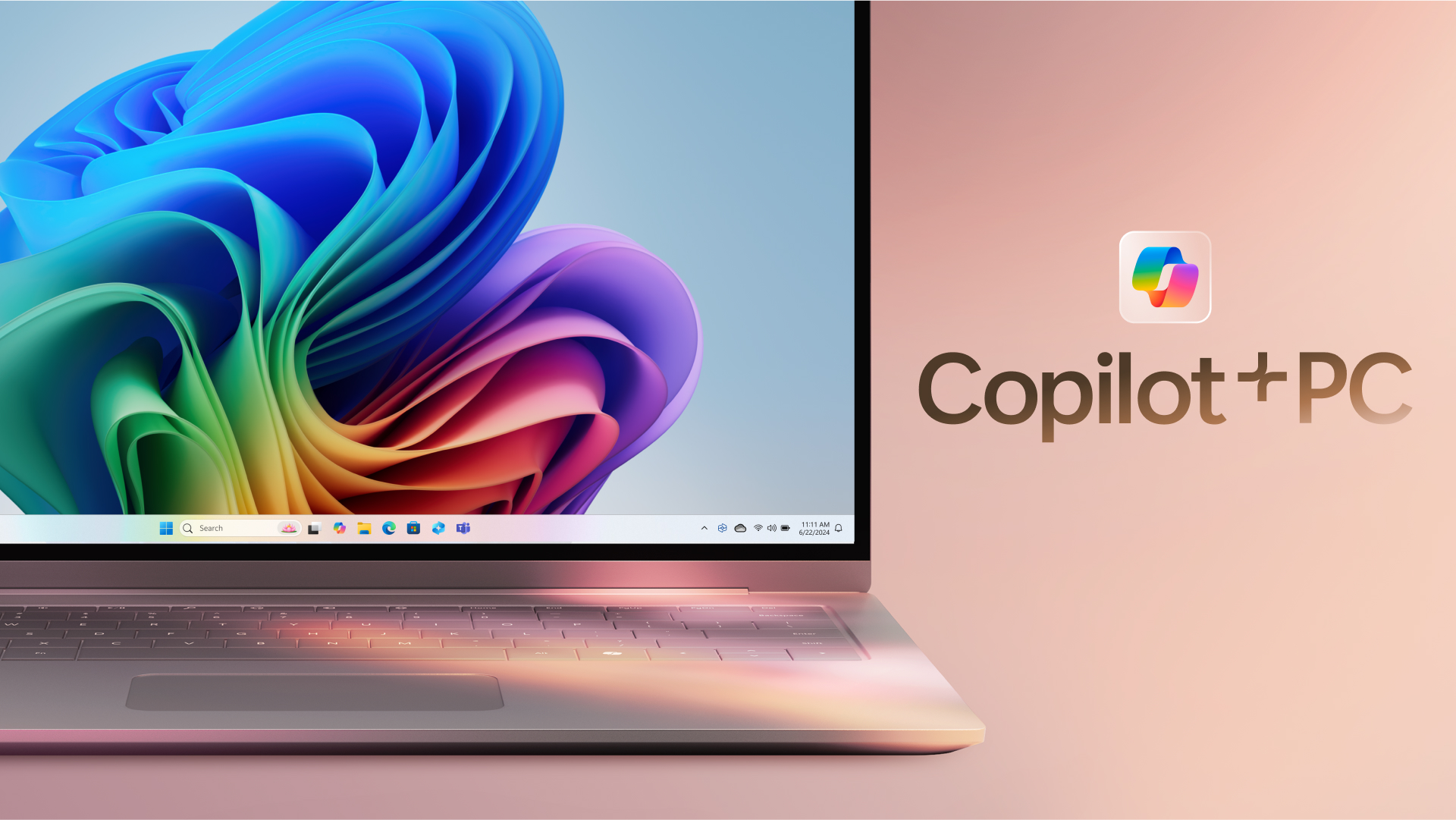Copilot PCs represent only a tiny fraction of laptop sales — compatible laptops accounted for less than 10% of total shipments in 3Q24
It looks like that the average buyer doesn't care about AI.

Qualcomm and some laptop manufacturers predict that Snapdragon X PCs, which power all Copilot PCs at the time of writing, will take half of the Windows PC market within five years. However, the segment seems to be struggling to gain traction, as research says that laptops with the required NPU performance (i.e., devices equipped with Qualcomm Snapdragon X, Intel Core Ultra 200V, and AMD Ryzen AI 300 processors) still account for less than 10% of total shipments in the third quarter of 2024.
Furthermore, Dean McCarron, President of Mercury Research, told Tom’s Hardware, "There is a high level of uncertainty in this figure due to how early in the life cycle the products are and the potential for sampling error in the research.”
Microsoft launched its Copilot+ PCs in May 2024 to much fanfare, but the AI features that the company made exclusive for the segment are mostly a dud. Furthermore, while sales of PCs equipped with an NPU (or AI PCs) are growing every quarter, researchers say that this adoption happened because people needed to upgrade their computers, not because they wanted to have an AI computer.
“The share of AI-enabled CPUS — counting any CPUs that offer an NPU core, which encompasses Intel’s Meteor and Lunar Lake, AMD’s Ryzen Pro 7000 and 8000 and AI 300, and Qualcomm’s Snapdragon X products — amounted to about 36% of total mobile CPU sales,” says McCarron, “with the figure dominated by Intel’s Meteor Lake and AMD’s Ryzen Pro products, both of which had NPU performance below the levels needed for Copilot.”
Canalys also reported that shipments of AI-capable PCs rose to 13.3 million units in the third quarter of 2024, with their market share growing to 53% of shipments made in the quarter. However, many users still do not find it necessary to buy a Copilot+ PC; that’s why 31% of channel partners say they do not plan to sell one next year, while a further 34% expect that it would only account for less than 10% of their total sales in 2025.
Nevertheless, there is still an opportunity for the Copilot+ PC market share to grow, especially as Microsoft ends support for Windows 10 in October 2025. This means that users looking to get a laptop that will last them a few years would likely be considering a Copilot+ device, not because of its current AI capabilities but because it would probably be a good option if they want a “future-proof” device.
If Microsoft and its partners want their customers to buy a Copilot+ PC for its AI capabilities, they still need to do significant work to introduce practical features and convince the average user of the utility of on-device AI processing in their next laptop.
Get Tom's Hardware's best news and in-depth reviews, straight to your inbox.

Jowi Morales is a tech enthusiast with years of experience working in the industry. He’s been writing with several tech publications since 2021, where he’s been interested in tech hardware and consumer electronics.
-
DavidLejdar I am not surprised. Myself, I use a laptop from work, for the days in home office. That's a T15 G1, which will be renewed soon - which is great, as I have 3 screens running in addition to the laptop screen, and adding another screen soon (in the office, we use 6 screens per chair), with various applications - which all needs a bit of performance. But the features of Copilot+ wouldn't make a difference about that.Reply
On the other hand, 3rd party features might be an option at some point in the future. The options in such regard seem somewhat limited to me, when there isn't e.g. 10 TB of data on the laptop to work with. But I suppose some QoL stuff might impress many. Like: "I noticed, that you are constantly using the URL bar to visit the same websites. Would you like me to set up bookmarks for these websites?" You know, like bringing already existing features closer to persons, who may not even be aware that these features exist.